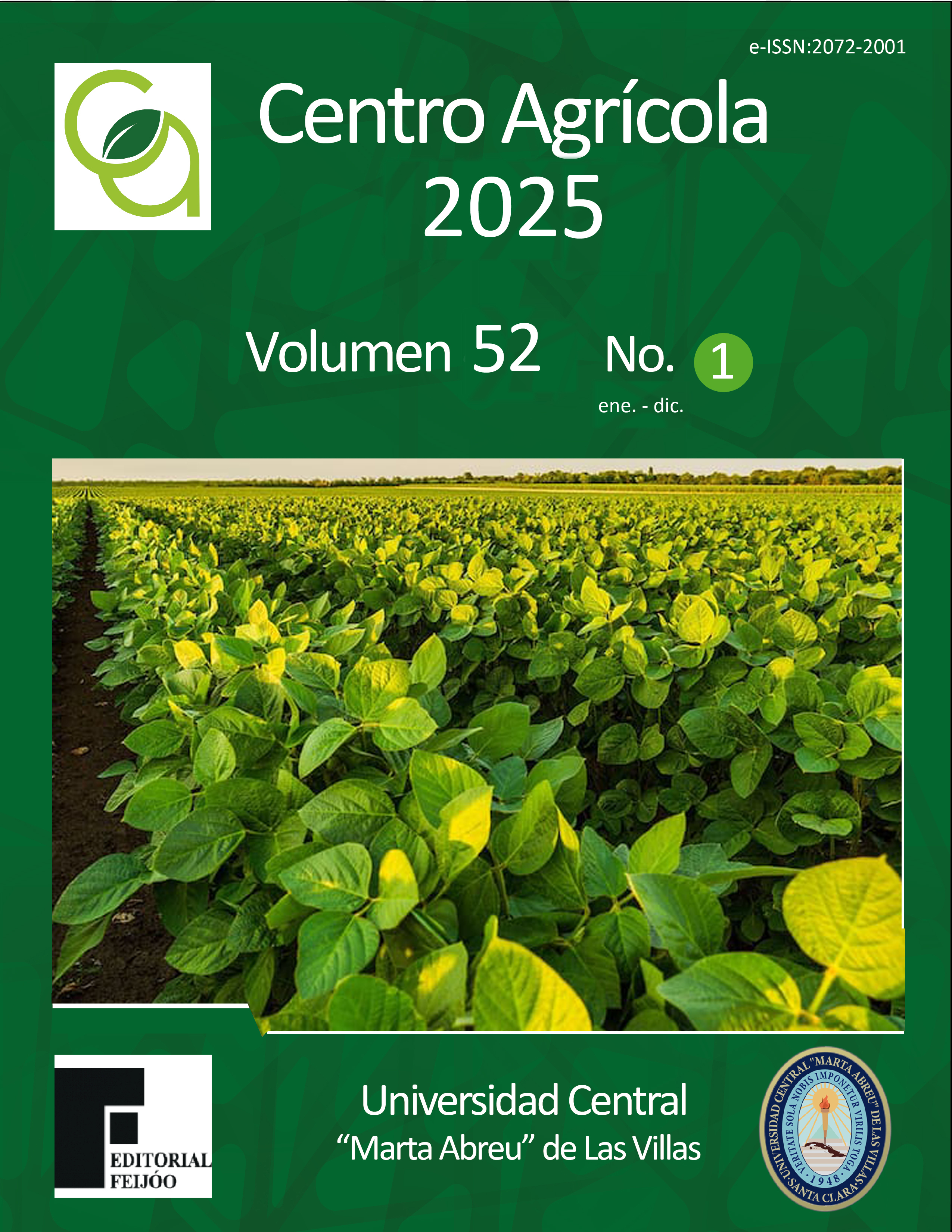CF: cag054222383
ARTÍCULO DE INVESTIGACIÓN
Eficiencia técnica del cultivo del frijol zaragoza en dos áreas de la región del Caribe de Colombia
Technical efficiency of the zaragoza bean cultivation in two areas of the Caribbean region of Colombia
Antonio María Martínez Reina1*
Carina Cecilia Cordero Cordero1*
Adriana Patricia Tofiño Rivera2*
1 Corporación Colombiana de Investigación Agropecuaria AGROSAVIA, Centro de Investigación Turipaná, Colombia
2 Corporación Colombiana de Investigación Agropecuaria AGROSAVIA, Centro de Investigación Motilonia, Colombia
RESUMEN
El frijol rosado zaragoza (Phaseolus vulgaris L.) es una especie muy importante en la región del Caribe seco colombiano, principalmente en los departamentos del Cesar y la Guajira, porque constituye parte fundamental de la dieta alimenticia de sus habitantes. En los últimos años se han realizado estudios exploratorios encaminados a caracterizar el sistema de producción y la generación de nuevos materiales. Sin embargo, no se evidencian investigaciones que indaguen sobre la eficiencia técnica de este sistema de producción. Por tal razón, este estudio tuvo como objetivo analizar su eficiencia técnica para lo cual se partió de la información obtenida de una encuesta estructurada aplicada a 32 agricultores con experiencia en el cultivo, seleccionados mediante la técnica de muestreo aleatorio simple. Para el análisis de los datos, se calcularon estadísticas descriptivas y medidas de tendencia central. Para los análisis de eficiencia técnica se diseñó un modelo econométrico tipo Cobb Douglas. Se identificaron aspectos como la racionalidad del productor al momento de asignar recursos, se estimó una ineficiencia técnica correspondiente a 0,67, lo que evidencia que existe subutilización de recursos como la semilla y el fertilizante, que se aplican sin previo análisis de suelo y sin tener en cuenta los requerimientos del cultivo.
ABSTRACT
The pink zaragoza bean (Phaseolus vulgaris L.) is a very important species in the dry Caribbean region of Colombia, mainly in the departments of Cesar and La Guajira, because it is a fundamental part of the diet of its inhabitants. In recent years, exploratory studies have been carried out to characterize the production system and the generation of new materials. However, there is no evidence of research on the technical efficiency of this production system. For this reason, the aim of this study was to analyze its technical efficiency, based on information obtained from a structured survey applied to 32 farmers with experience in the crop, selected by simple random sampling. For data analysis, descriptive statistics and measures of central tendency were calculated. For the technical efficiency analysis, a Cobb-Douglas type econometric model was designed. Aspects such as the rationality of the producer when allocating resources were identified, a technical inefficiency corresponding to 0.67 was estimated, which shows that there is underutilization of resources such as seed and fertilizer, which are applied without prior soil analysis and without taking into account the requirements of the crop.



